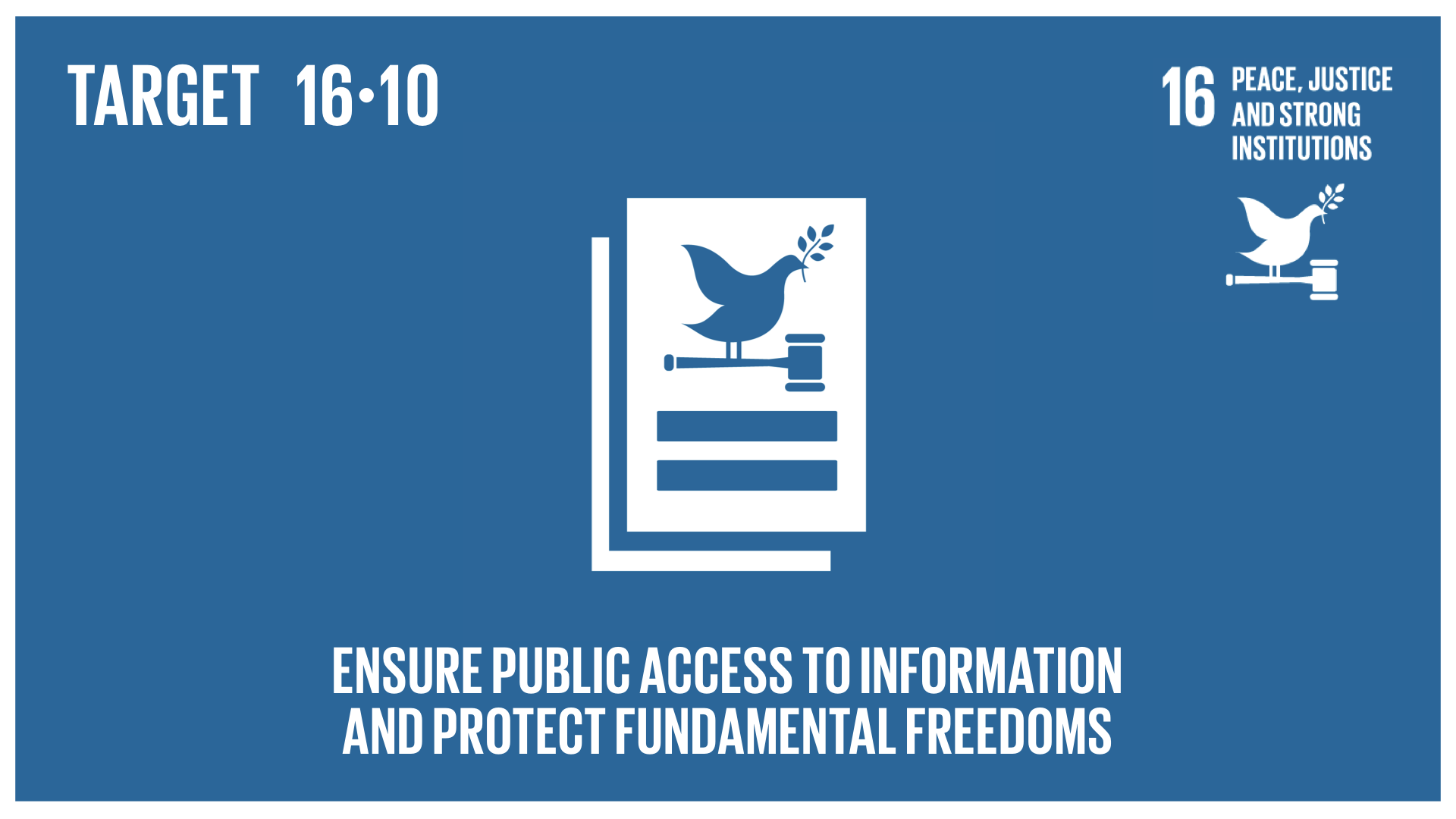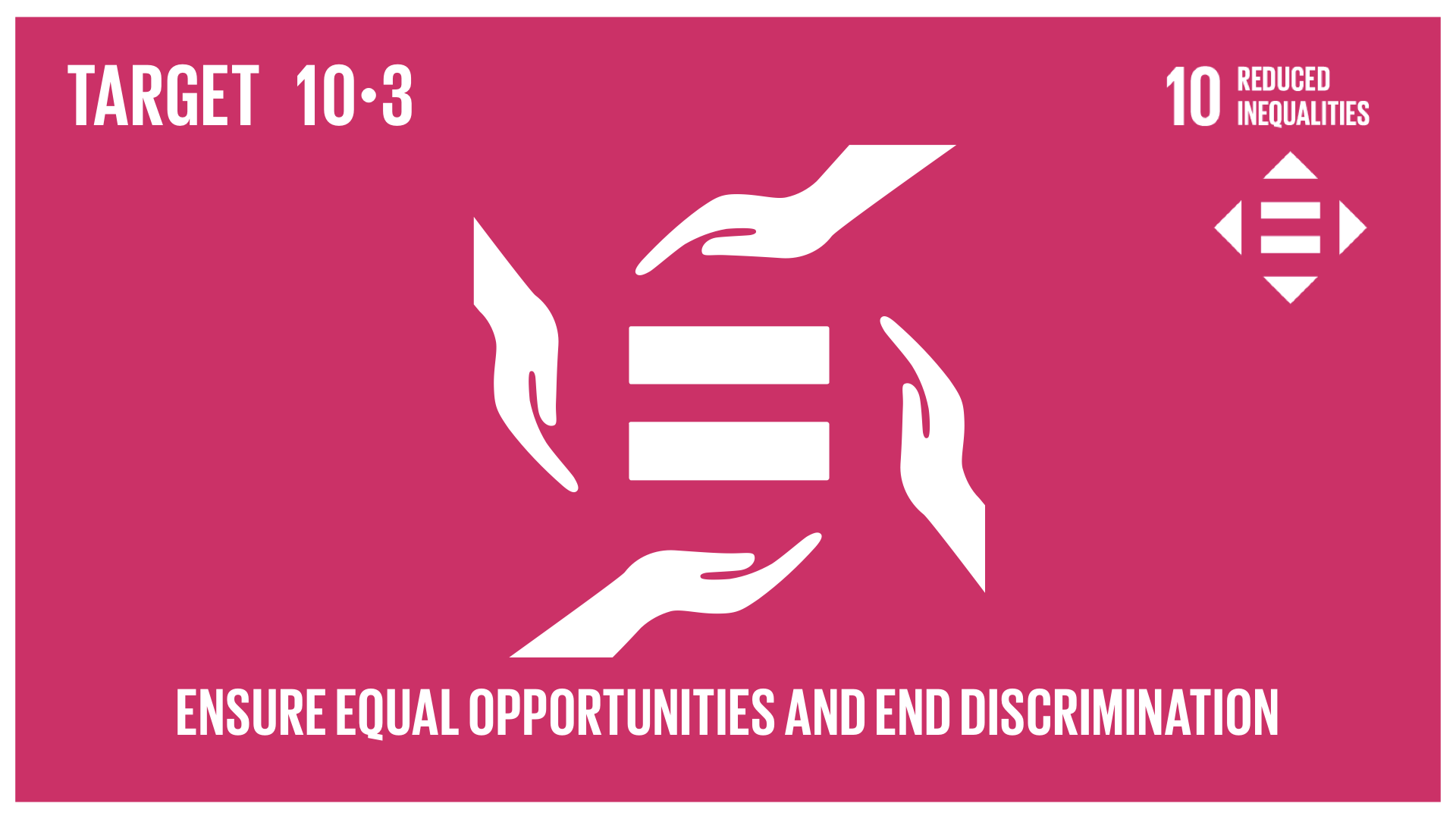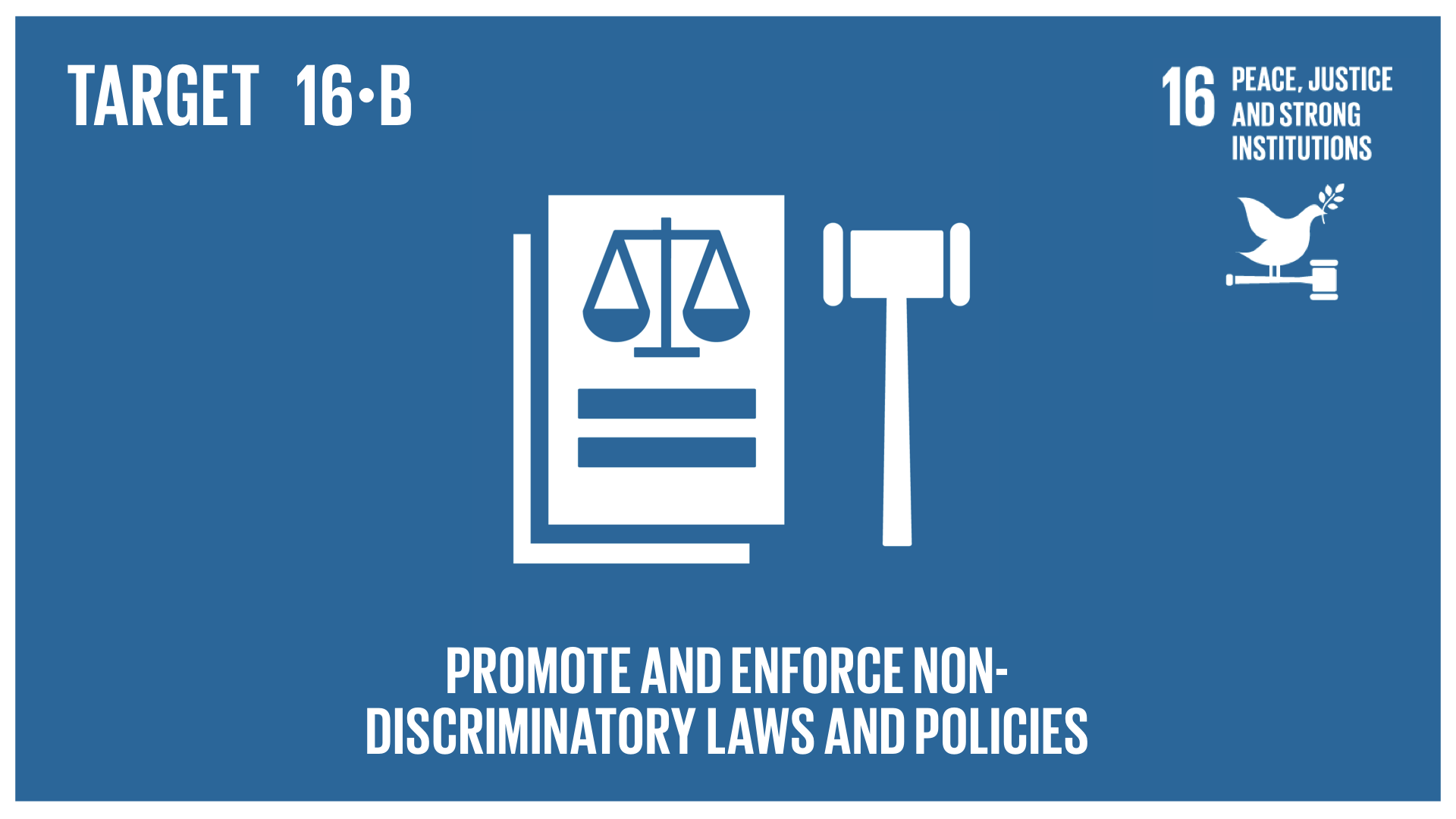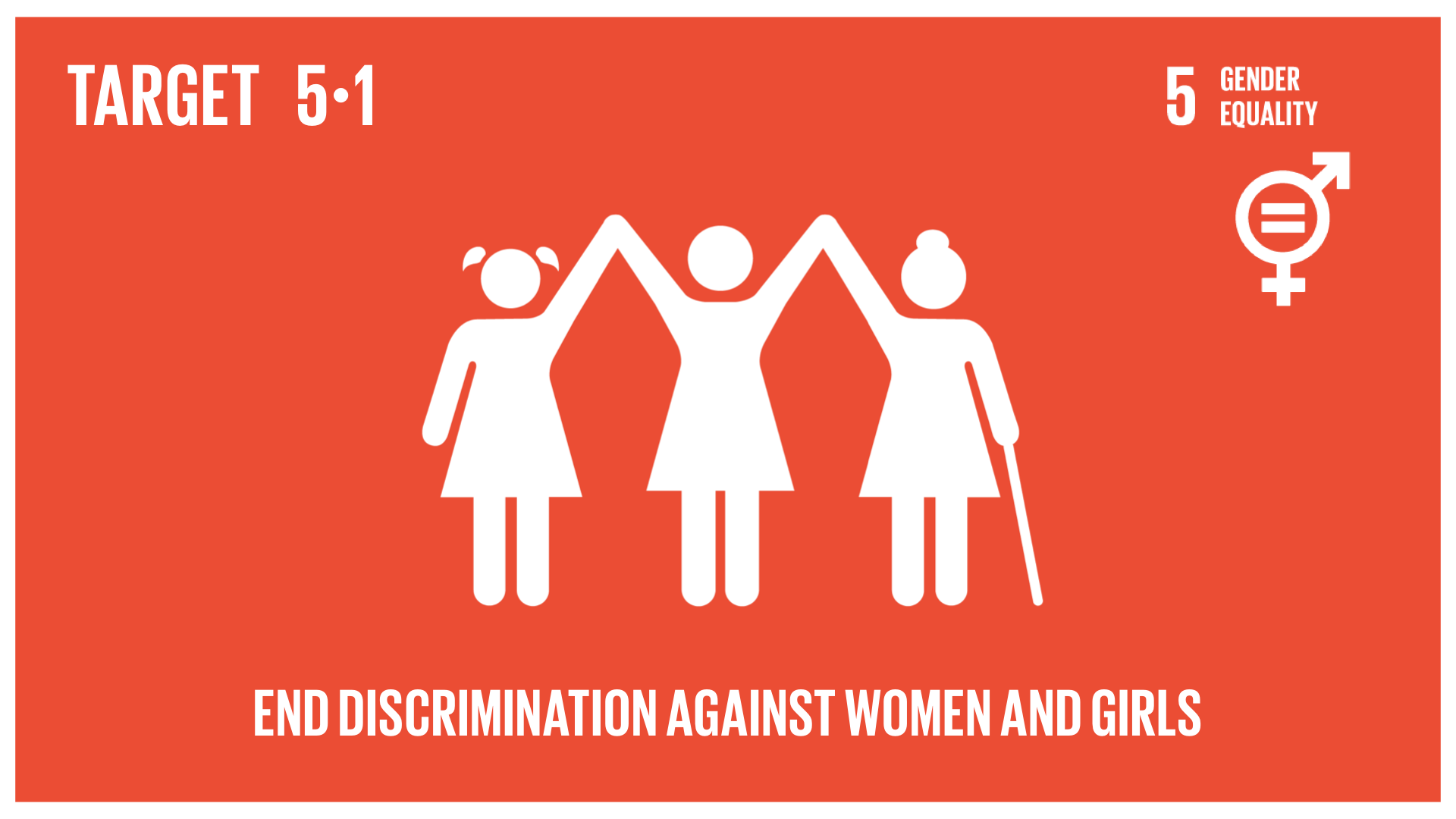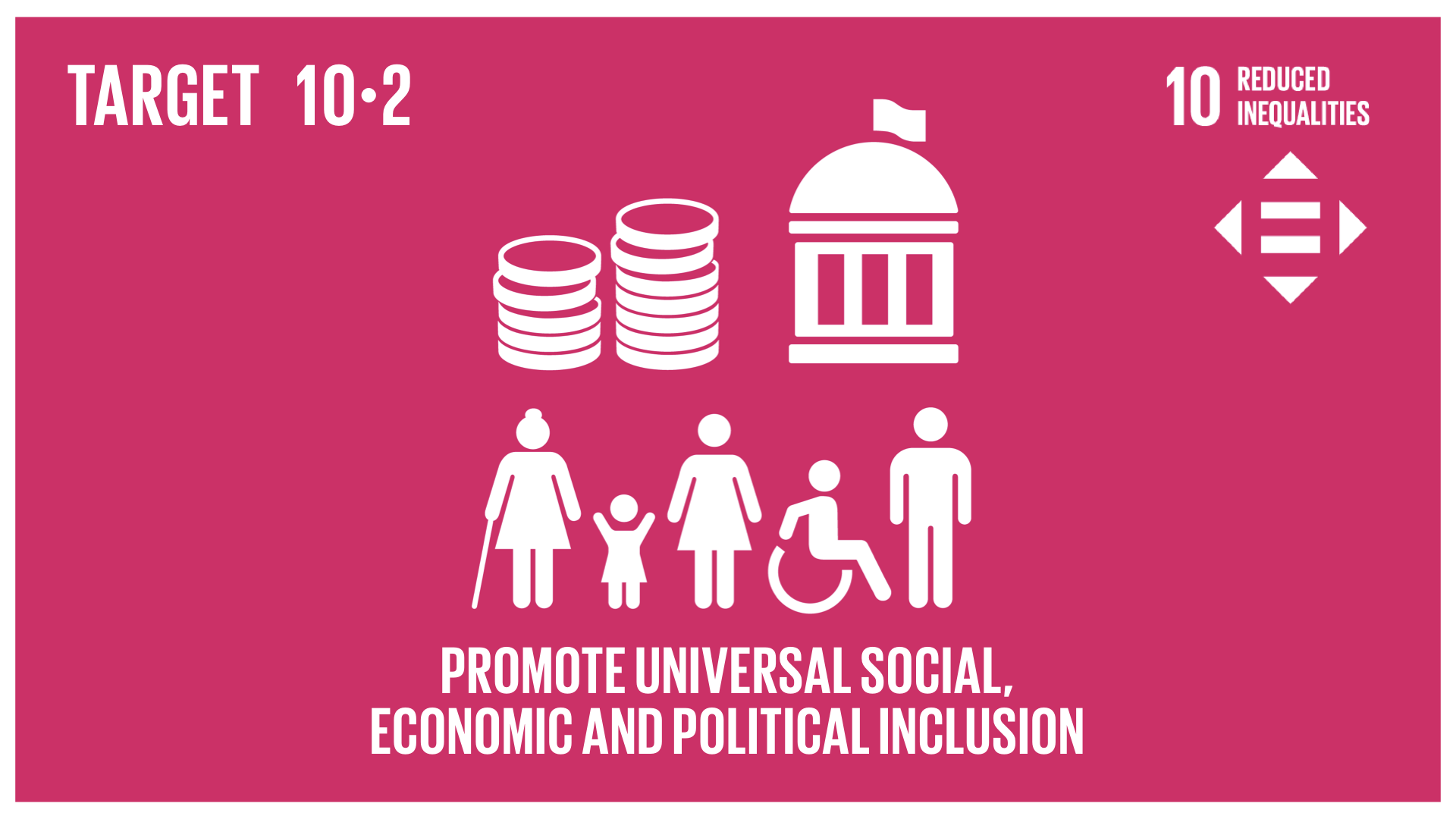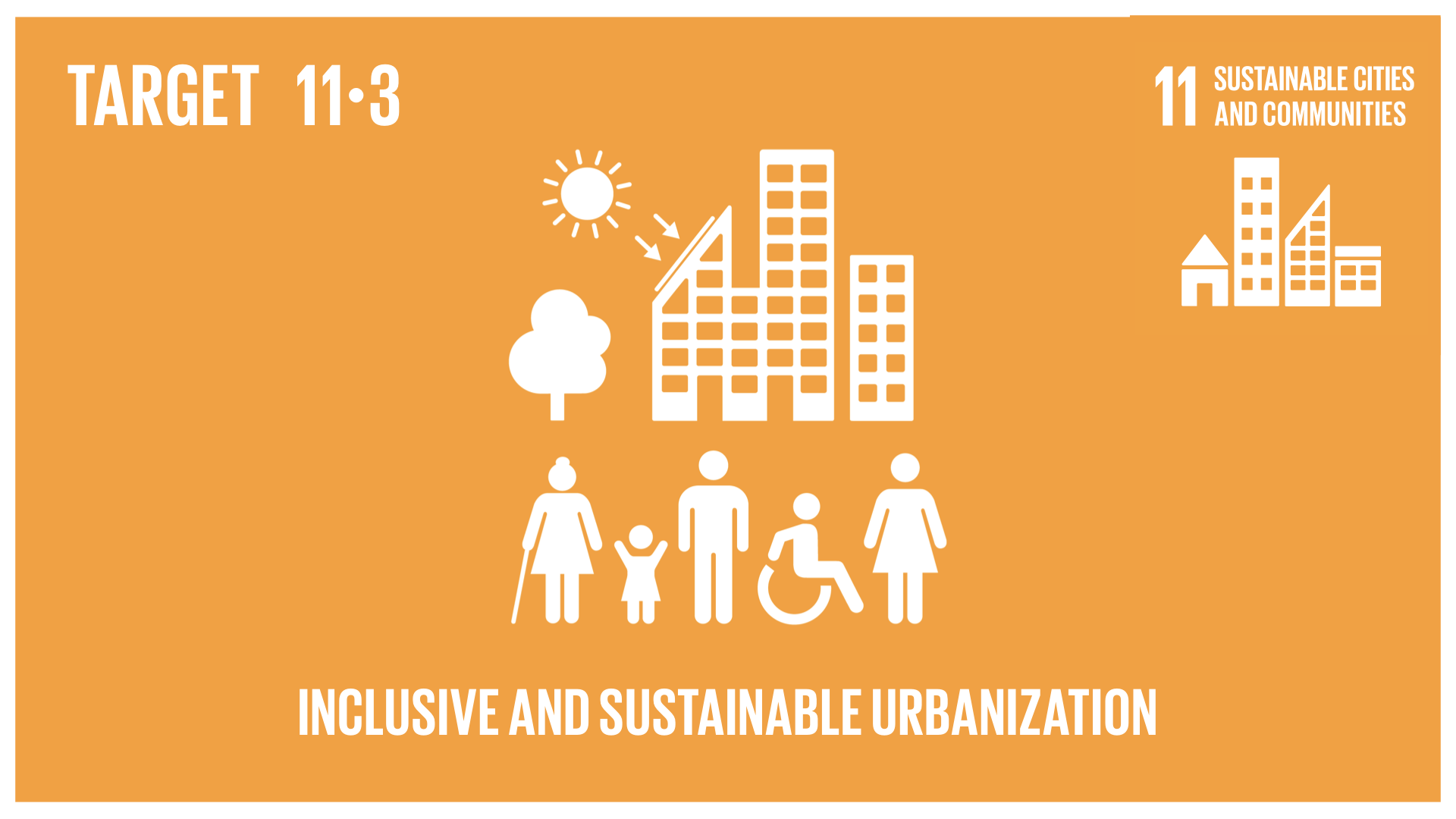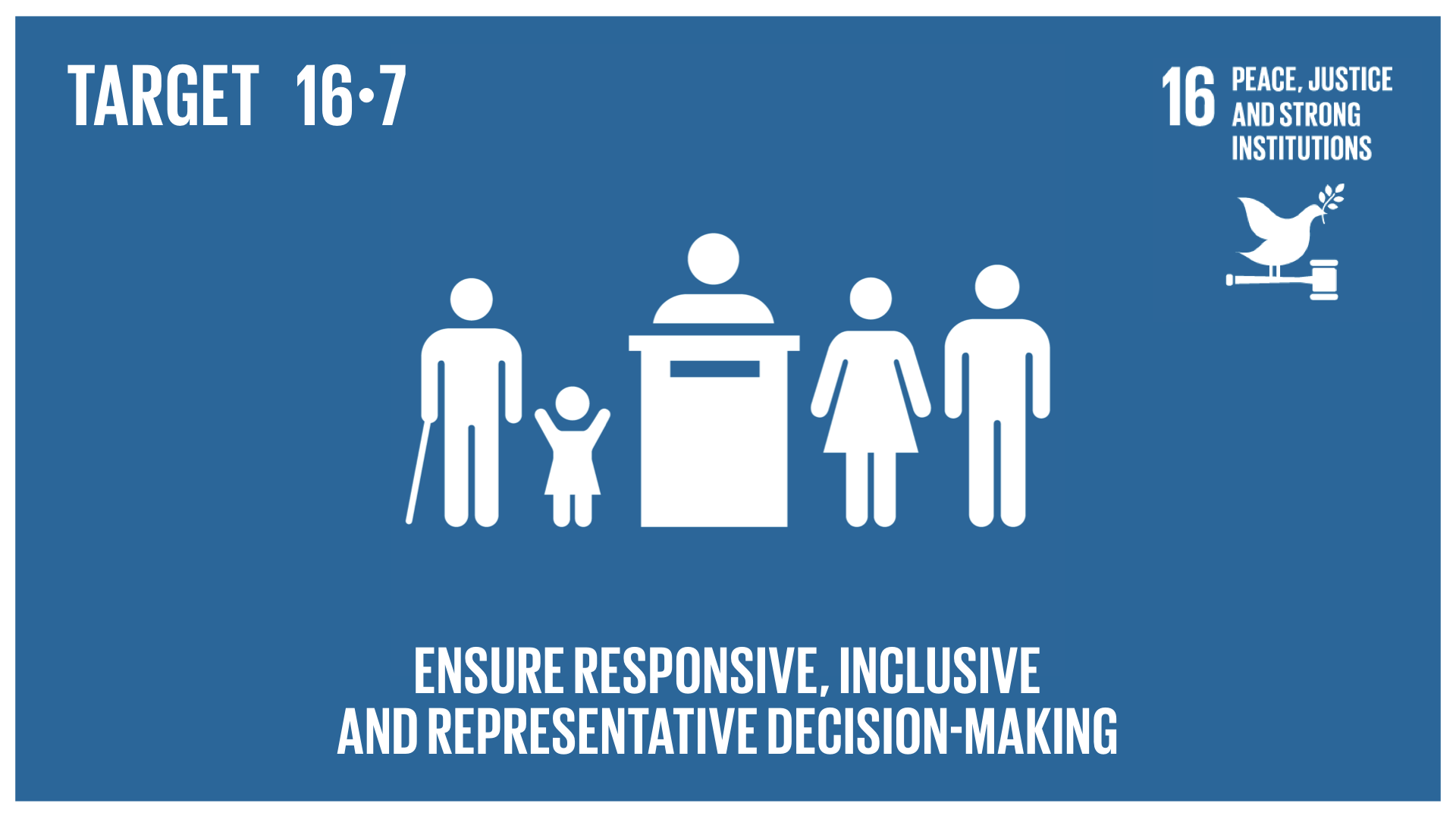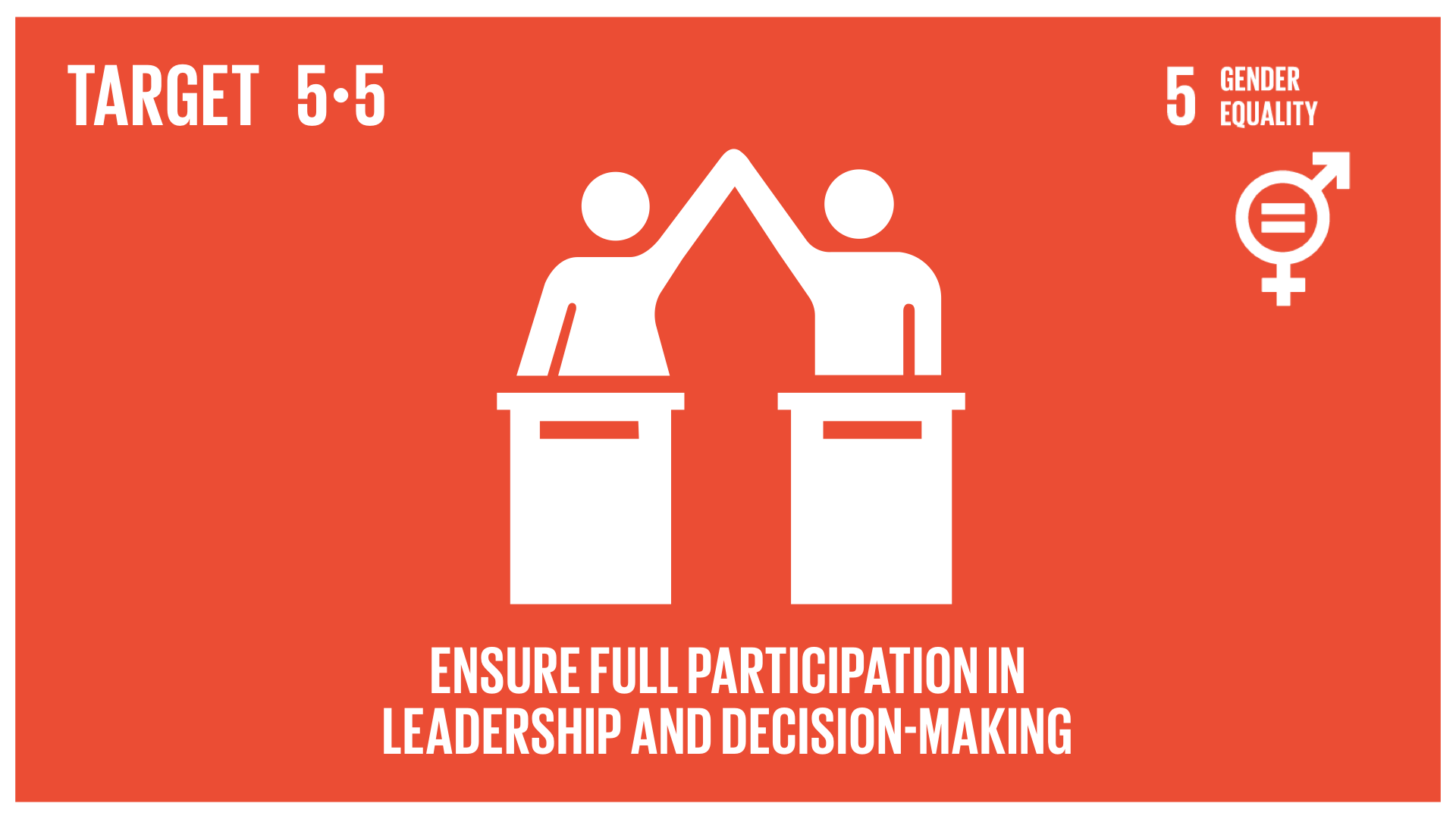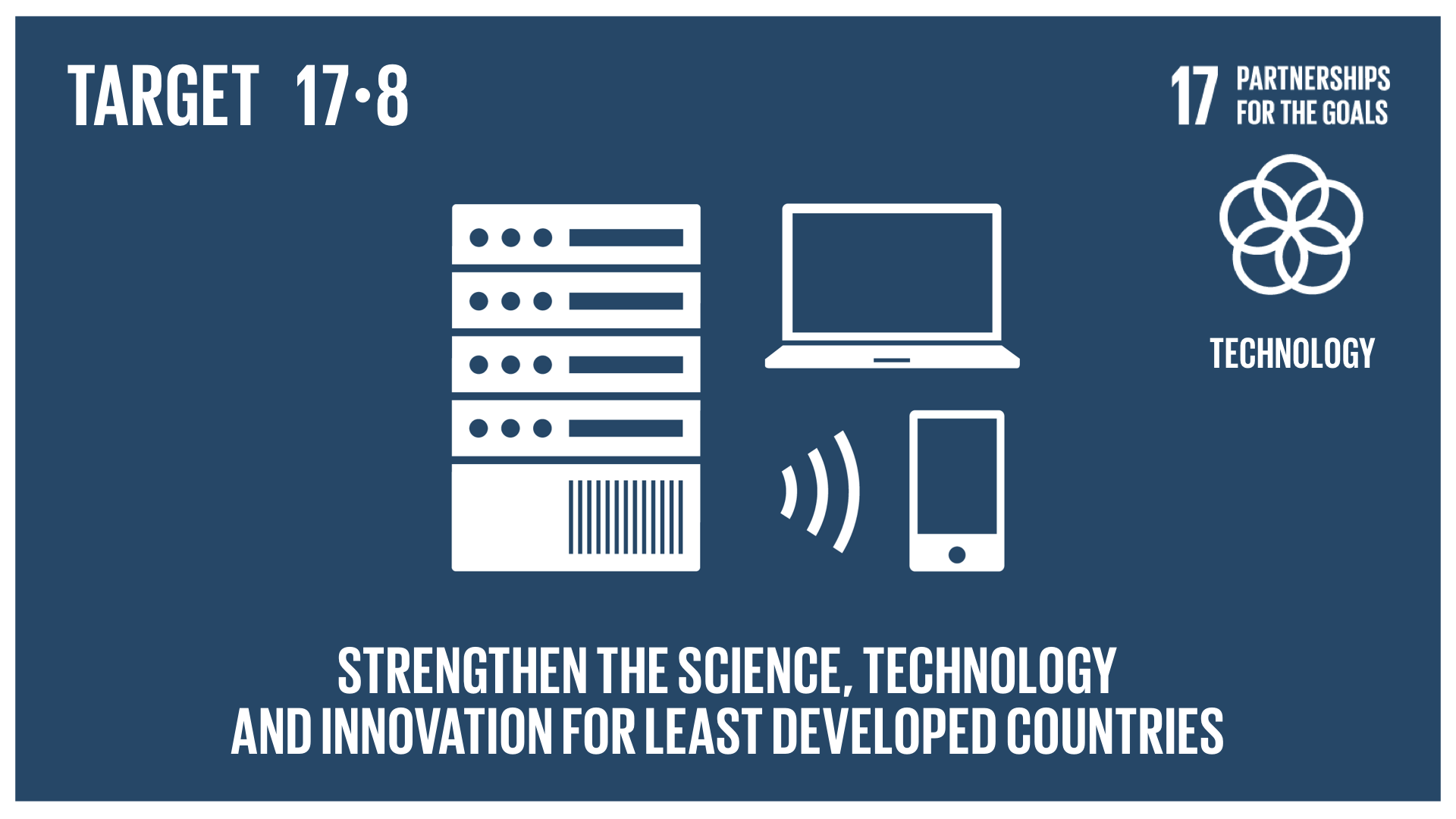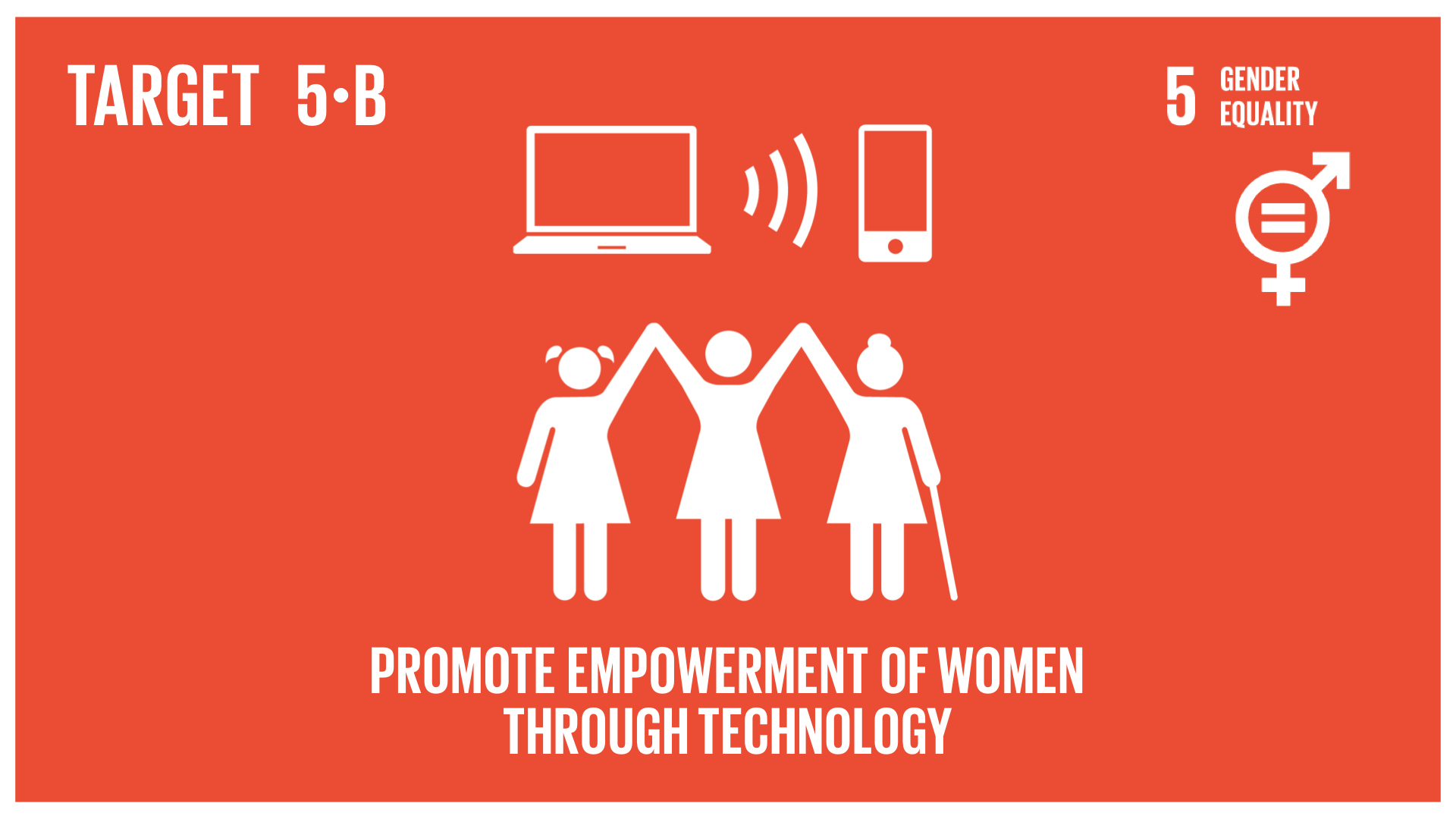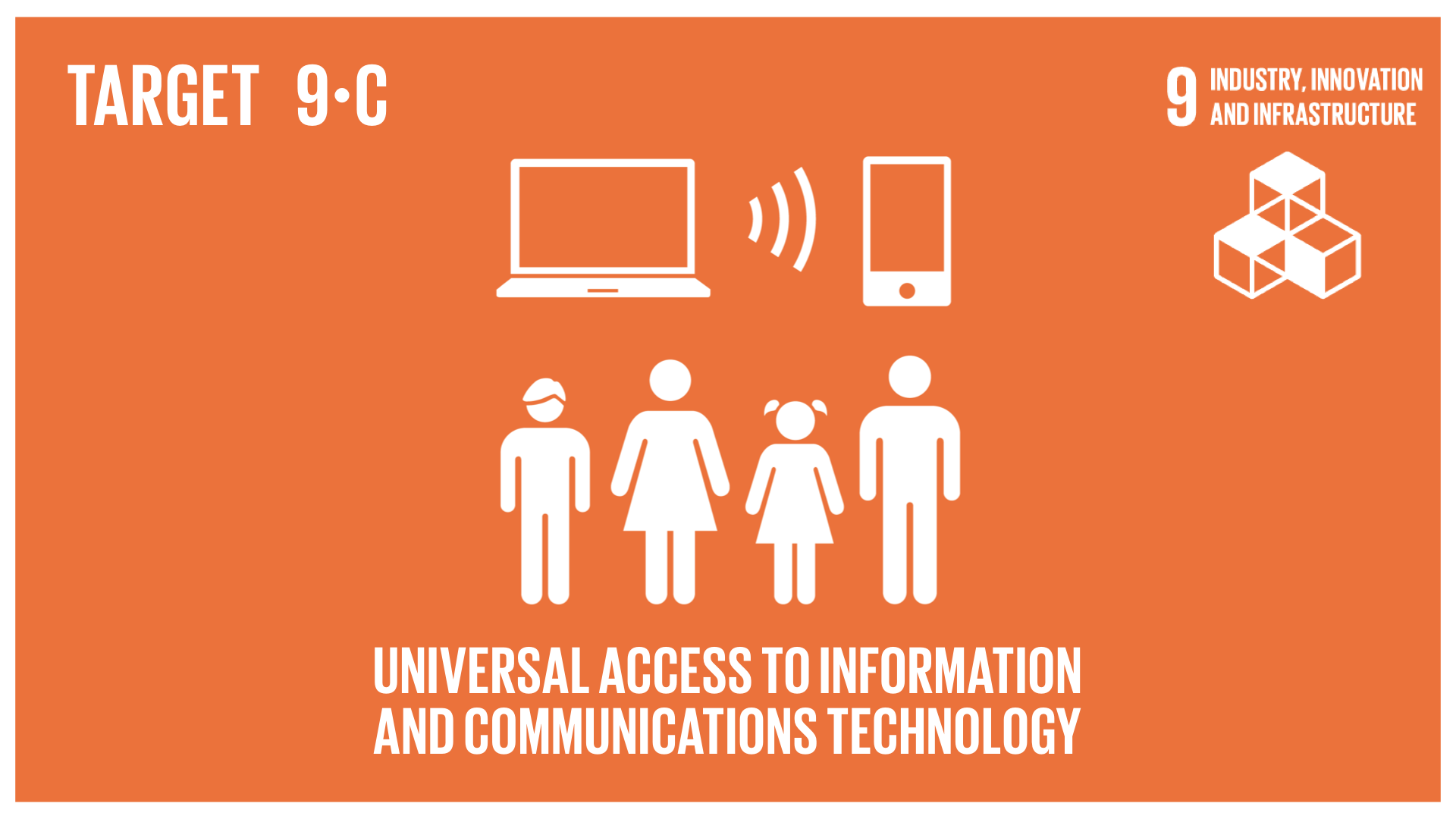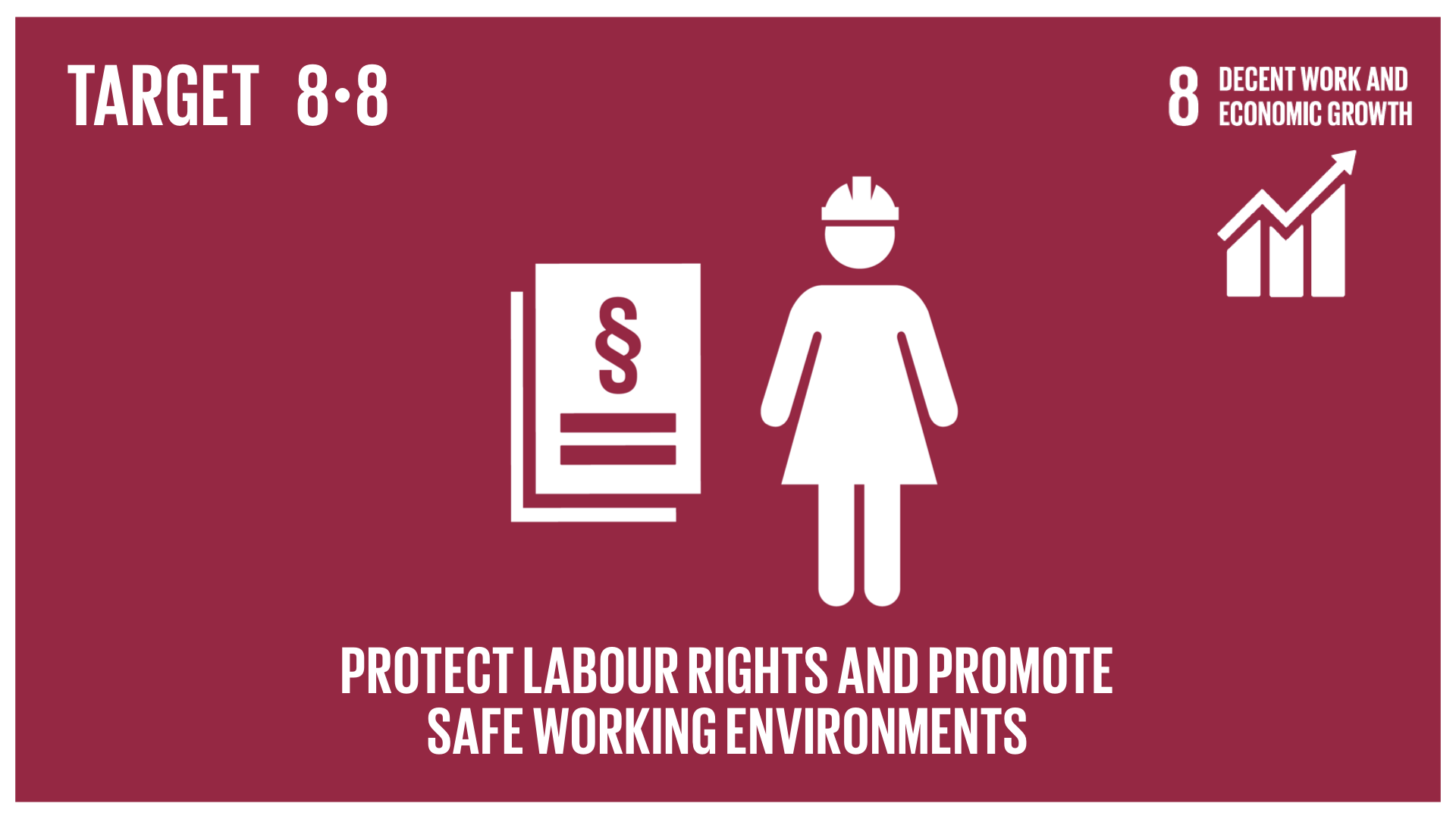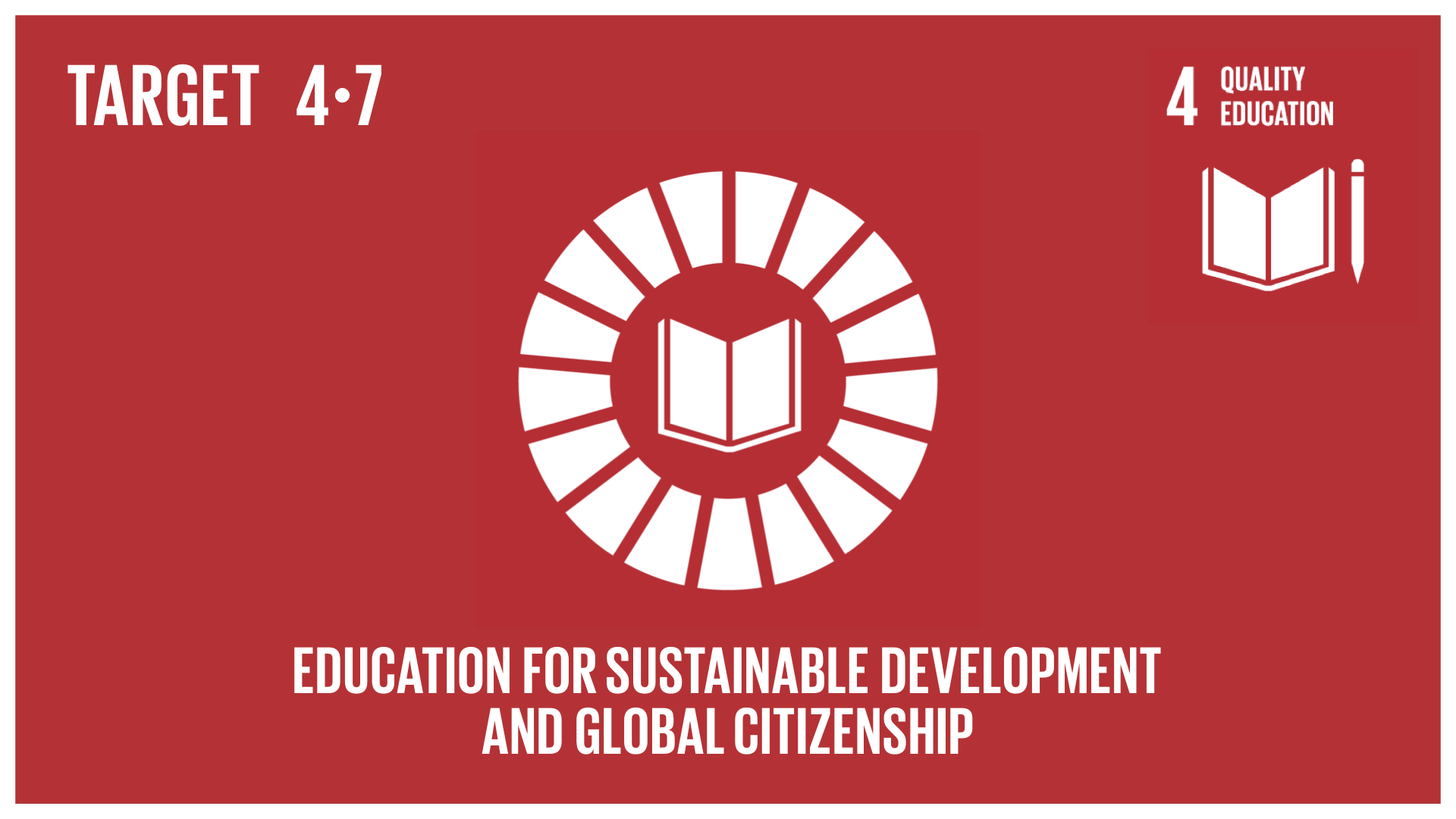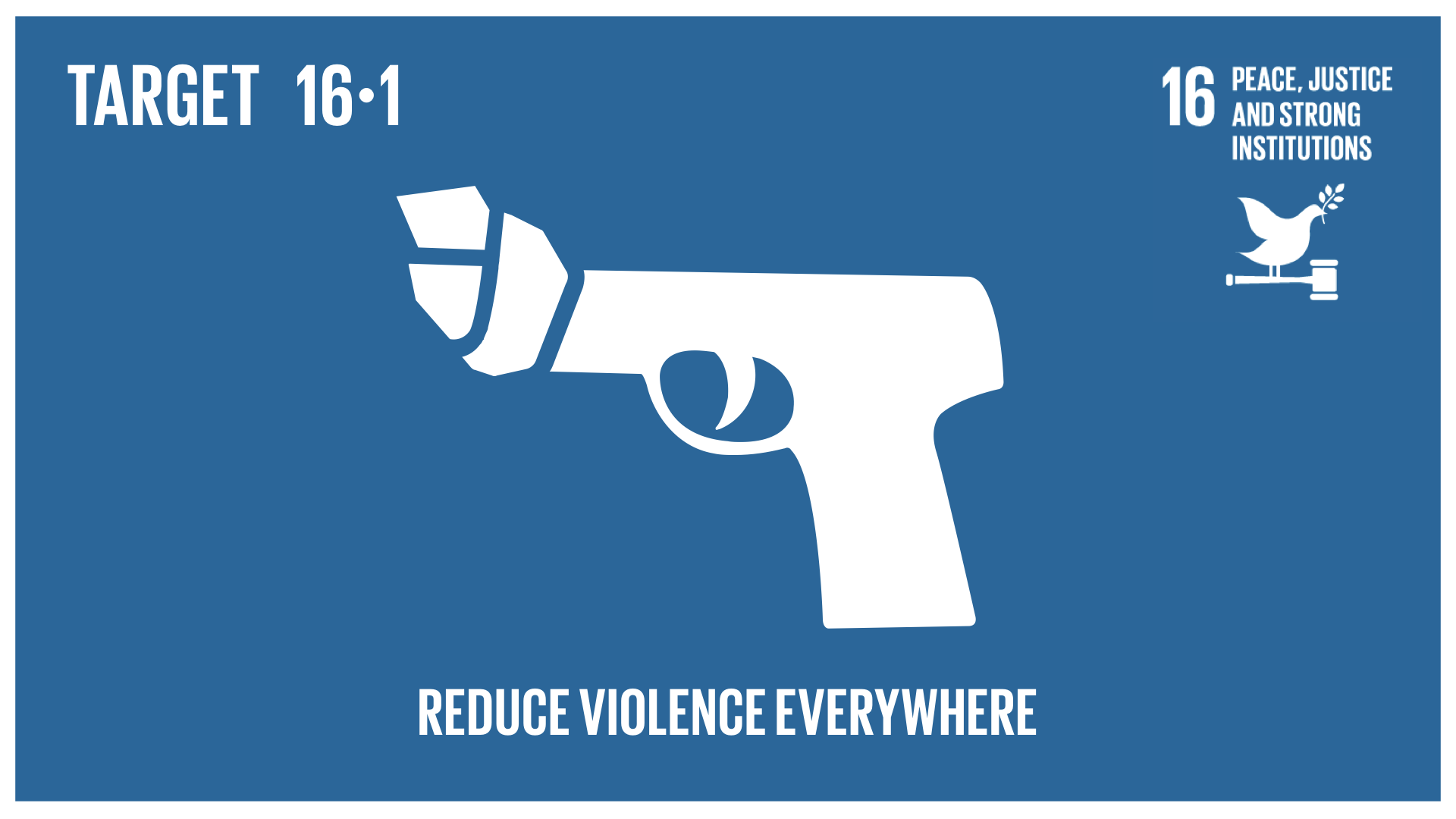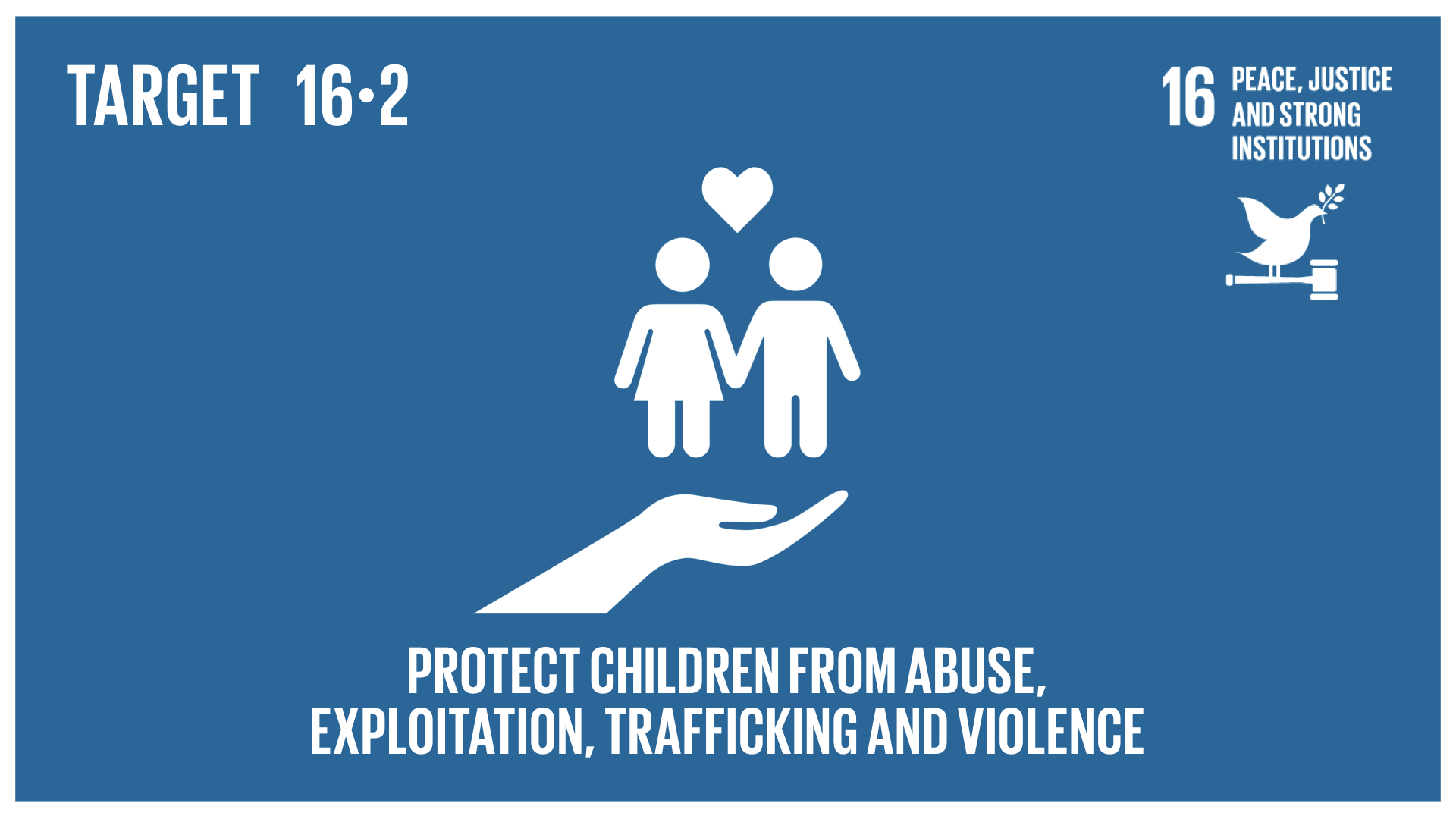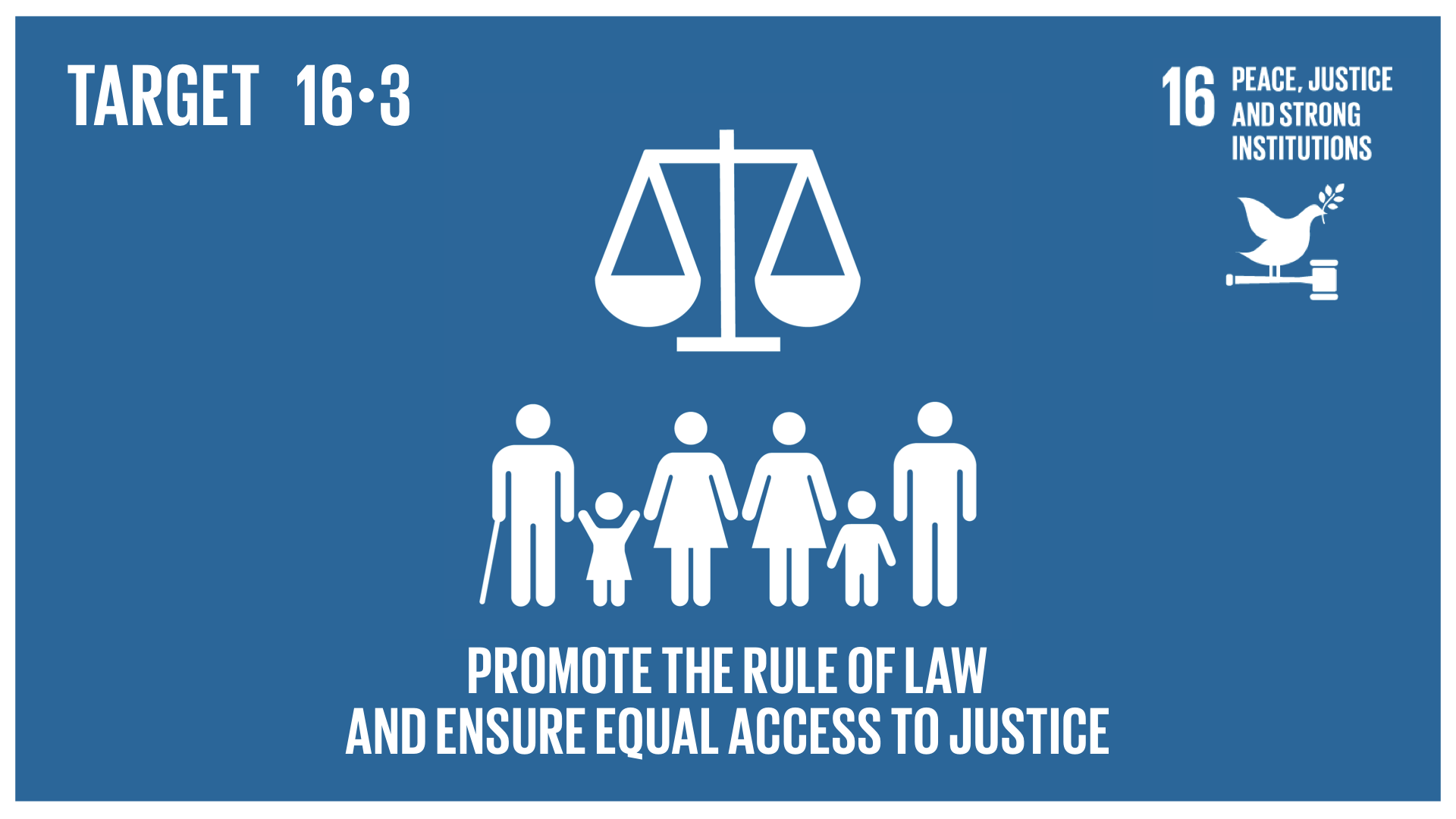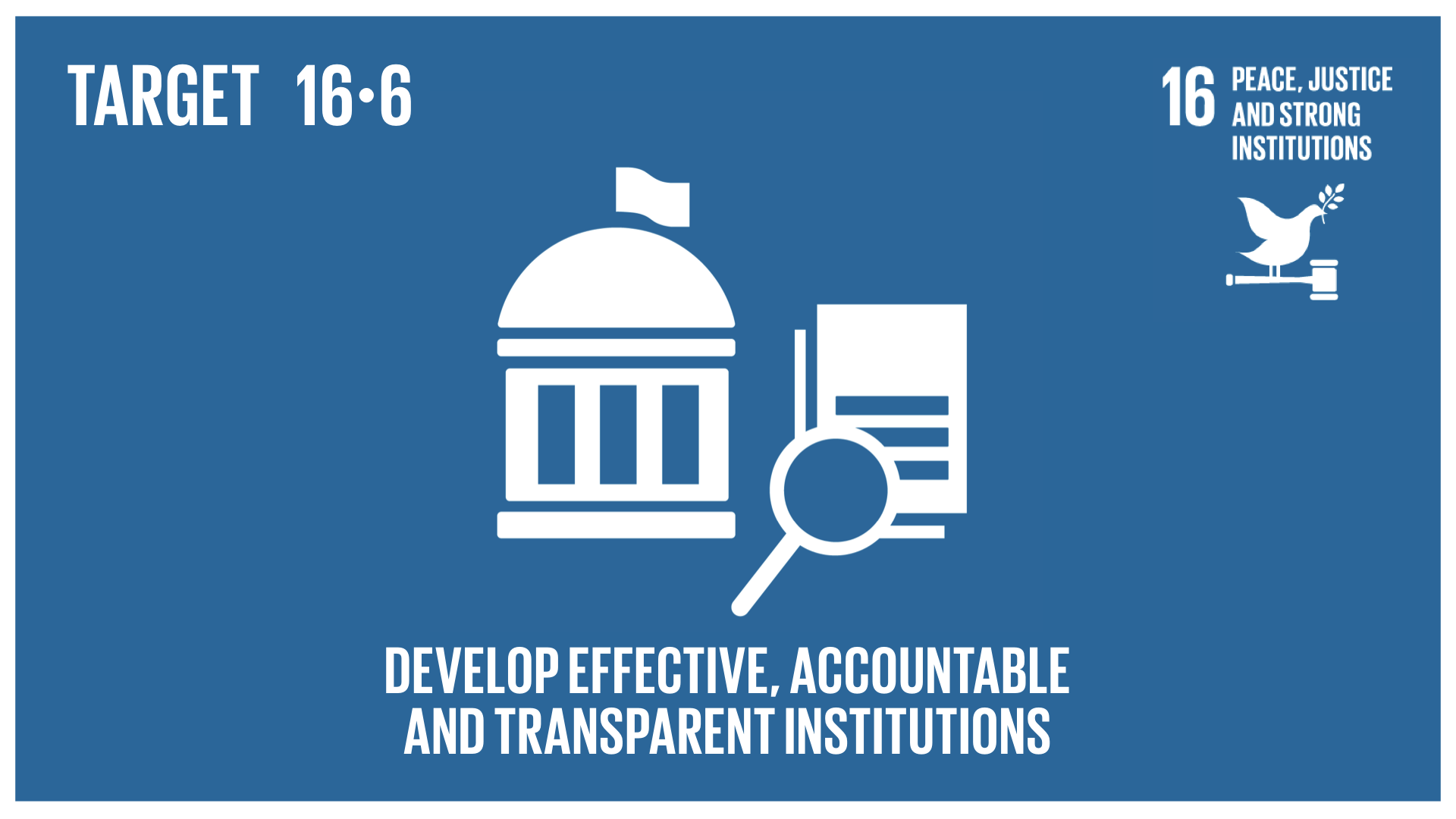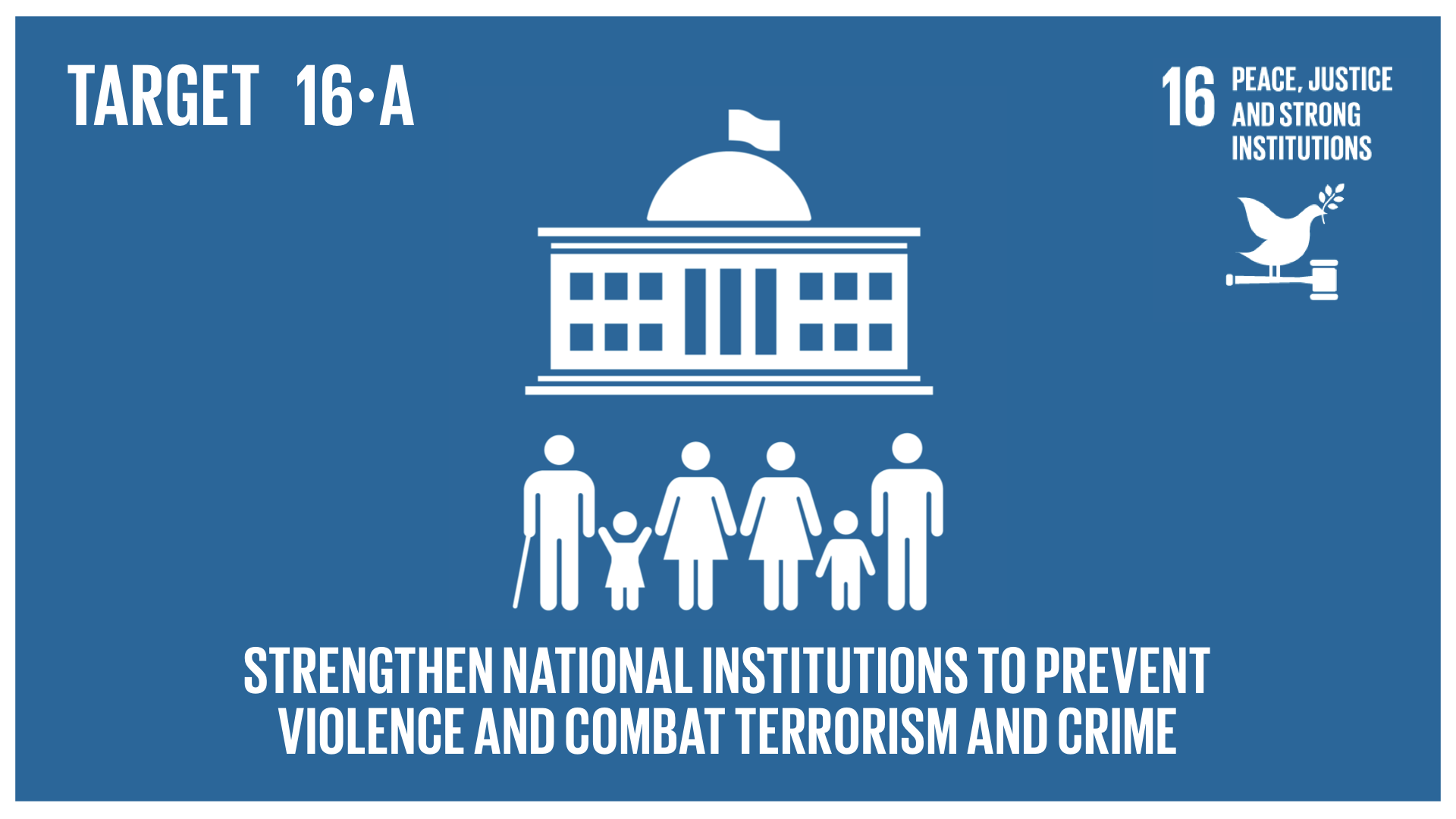Sustainable Development
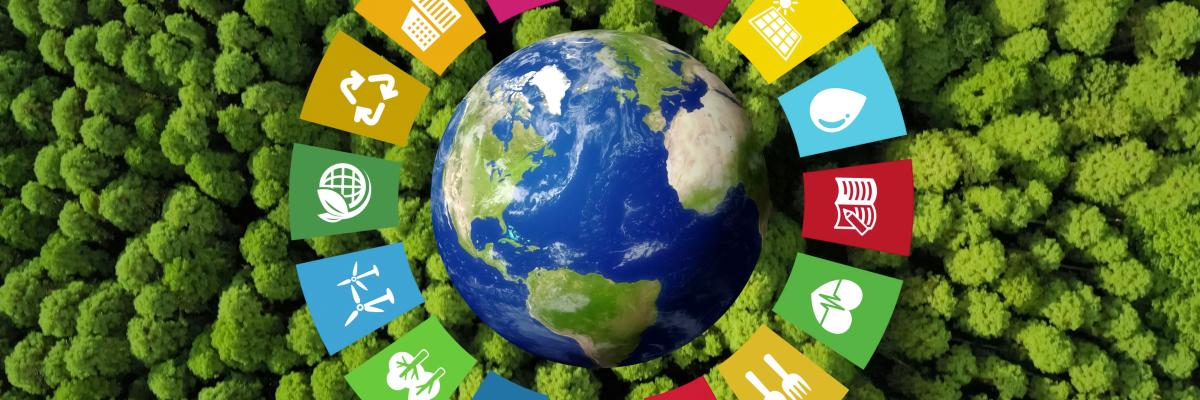
See how the right to defend rights connects with the Sustainable Development Goals.
The Sustainable Development Goals (SDGs) have a symbiotic and mutually enforcing relationship with human rights. Hence, human rights defenders have a positive, important, and legitimate role in contributing to the implementation of the 2030 Agenda for Sustainable Development (2030 Agenda). Their participation in the development of SDG programmes, plans and monitoring is key for ensuring coherence between the legal human rights obligations of states and states’ political commitments under the 2030 Agenda.
Human rights defenders are people who promote and strive for the protection and realization of human rights and fundamental freedoms through peaceful means. They can act individually or in association with others and are key actors at national, regional, and international levels in supporting and holding states accountable to their human rights obligations.
For human rights defenders to fulfill their role, states must secure a safe and enabling environment for their work in keeping with their human rights obligations. Even before the Covid-19 pandemic, human rights defenders had reported growing restrictions and violations of their rights. State responses to the pandemic have only increased these threats and provided certain governments with “a pretext to adopt repressive measures for purposes unrelated to the pandemic”. Following the pandemic, states have, for example, included new criminal penalties under “fake news” laws and enforced absolute assembly bans, including for socially distant protests, with no expiry dates. There have also been reports of police killings and excessive use of force following the passing of Covid-19 emergency measures.
In 2015, the international community reached a consensus on the 2030 Agenda for Sustainable Development, with a set of new goals as a road map for a more sustainable, prosperous and equitable future. Such a future, and those goals, are doomed to failure if the individuals and groups on the frontline of defending sustainable development are not protected at the national, regional and international levels.
The Covid-19 pandemic has magnified the tragic consequences of not abiding by international human rights laws and standards. Not surprisingly, vulnerable persons living in countries with poor human rights protection, such as those related to health and social protection, were hit the hardest. To build a fair and sustainable future post-pandemic, states must rely on and deliver on their existing human rights obligations and political commitments under the 2030 Agenda. Human rights defenders and national human rights institutions are well placed to lead the way and must be in the forefront of efforts to build forward better.
This resource shows the links between (a) states’ human rights obligations and (b) their political commitments under the 2030 Agenda in relation to securing a safe and enabling environment for the work of human rights defenders. Specifically, it uses the set of rights and freedoms incorporated in the United Nations Declaration on Human Rights Defenders and connects them with the SDGs, demonstrating their interdependent nature. The rights and freedoms of the Declaration are the essence of the right to defend and promote human rights and a key enabler for the effective implementation of the 2030 Agenda.

